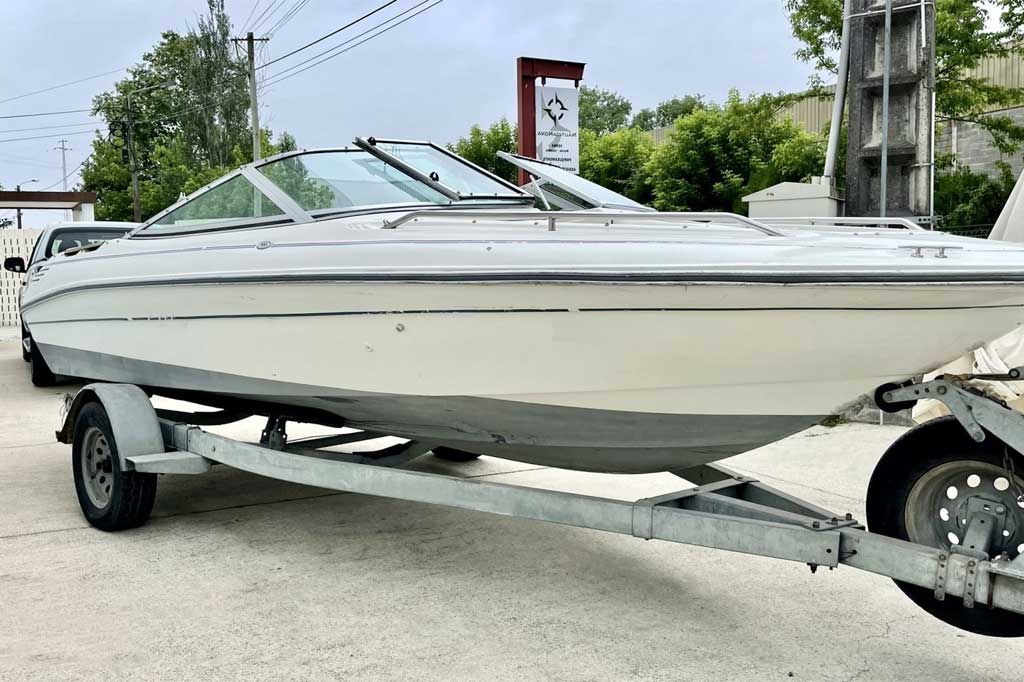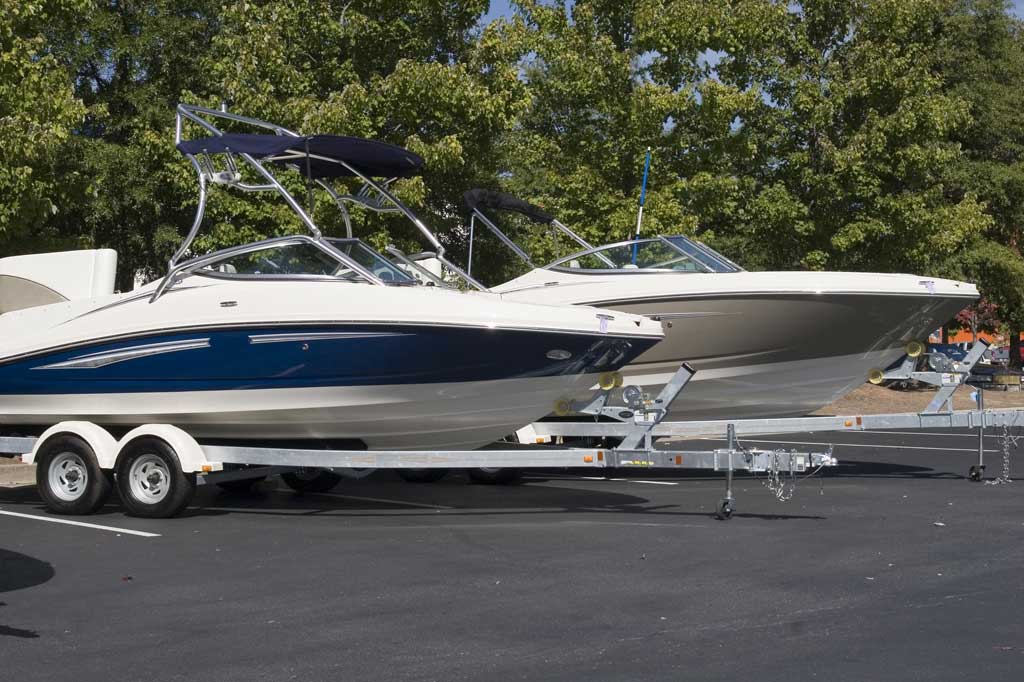Whether you’re a seasoned boater or new to the water, this boat trailer buying guide will walk you through the essential aspects of choosing a custom boat trailer, from understanding the different types to considering key features and compliance with regulations.
Understanding Types of Boat Trailers
- Single-Axle Trailers: Ideal for smaller boats, single-axle trailers are easier to maneuver in tight spaces and cost less than their multi-axle counterparts. However, they might not distribute the weight as evenly and can be less stable over long distances.
- Multi-Axle Trailers: Designed for larger boats, multi-axle trailers offer better stability and weight distribution, which is crucial for safe highway travel. They are, however, more expensive.
- Roller vs. Bunk Trailers: Roller trailers allow for easier launching and retrieving of your boat, especially in shallow water. Bunk trailers, on the other hand, provide more support to the boat’s hull, making them suitable for longer storage periods and are generally more affordable.
Key Features to Consider
- Material: Aluminum and galvanized steel are the two main materials used to make boat trailers. Aluminum trailers are lightweight, resistant to corrosion, and suitable for saltwater use. Galvanized steel trailers are more robust and less expensive but can be heavier and require more maintenance to prevent rust.
- Weight Capacity: Always choose a trailer with a weight capacity that exceeds your boat’s total weight to ensure safety and longevity.
- Braking Systems: Depending on the weight of the trailer and local laws, you might need a trailer with a braking system. Disc brakes are preferred for their performance, especially in saltwater conditions, but drum brakes are also common and can be effective.
- Tire Quality: High-quality tires are essential for the safety and reliability of your boat trailer. Look for tires designed specifically for trailer use, with the appropriate load rating and resistance to UV light.
- Lighting and Wiring: Ensure that the trailer’s lighting and wiring systems are fully compliant with road safety regulations. LED lights are preferable due to their durability and visibility.

Compliance and Registration
Before making a purchase, familiarize yourself with local regulations regarding trailer use, including required documentation, registration, and any specific requirements like braking systems or lighting. This can vary significantly from one region to another, so it’s important to ensure compliance to avoid any legal issues.
Maintenance and Storage
Also, think about the maintenance and the place where you will store your trailer when it’s not in use, as this can influence the type of trailer you choose.
Conclusion
Selecting the right boat trailer involves a careful assessment of your needs, the type of boat you have, and the conditions in which you’ll be using and storing your trailer. By considering the above factors, you can make the right decision that ensures the safety, reliability, and longevity of your boat trailer, making your boating experience more enjoyable and hassle-free.
